Can I Substitute Kosher Salt for Table Salt
All salt is not created equal.
If you have ever wondered, can I substitute coarse kosher salt for iodized table salt in a recipe? Then read on, this blog post is for you! The answer will affect the outcome of your recipe and the deliciousness thereof!
How Much Sodium To Eat Per Day
As far as health is concerned: sodium is necessary to control water balance in our bodies and we need it for proper muscle, nerve and circulatory system function. We should limit sodium to 1,500 to 2,000 mg per day to avoid health problems such as high blood pressure and kidney disease. Avoiding processed foods is an easy way to stay under that limit.
Why Cook With Salt?
As far as cooking goes: I love salt. It makes food taste good. Salt makes it possible for us to fully taste our food. Our bodies are made of mostly salt water so if you think about it, this makes a lot of sense. If food is under-salted our taste buds can’t perceive the tastes. If you’ve ever eaten a meal with me, you know that one of my favorite expressions is “needs salt.” I have an entire cabinet of different salts in my kitchen.
Why Salt is Important For Tasting Food
So this question about substituting salts and using them interchangeably is a hot button issue to me.
- Salt is important in the correct amounts because it really makes a difference in the way we perceive the balance of taste and flavor in a recipe. This is especially true of the expected interaction of salt and sour.
- In many of my recipes I rely on adding brightness to a recipe by increasing the acidity which doesn’t increase calories. Balancing the acidity with salt is really important.
- Salt also makes bitter compounds less detectable by our taste buds.
In other words, a bit of salt can make the difference in the path to winning the war on picky eating and converting veggie-fobes to the greener side of life.
Comparing Weights of Kosher Salt Vs Other Salts
I did a little experiment. I decided to compare the weights of the different salts in my cabinet. I took a consistent volume measurement of one level tablespoon and compared the various weights in grams to see how heavy they were. The heaviest was the iodized table salt. The lightest was the diamond crystal kosher salt. This made sense to me, since the fluffy coarse kosher salt grains cannot be packed as densely into the tablespoon as a tablespoon of iodized table salt. The other salts (all natural unrefined salts and sea salts) fell somewhere in between.
Comparison of weight in grams for 1 level tablespoon
- Iodized table salt 14g.
- Fine grind Himalayan pink salt 12g.
- French Fleur de Sel 11g.
- Sardinian Black fior di sale 9 g.
- Maldon Sea Salt Flakes 7g.
- Diamond Crystal Kosher Salt 6g.
Kosher salt is much lower in sodium per volume measure than table salt. Correction, SOME coarse kosher salt is much lower in sodium. But you’ll have to look at the nutrition label.
Comparison of ¼ teaspoon salt sodium mg
- Iodized table salt 590 mg.
- Morton Coarse Kosher Salt 480mg
- Sea salts 390 mg
- Diamond Crystal Kosher Salt 280mg
I realize that not everyone has an entire cabinet of salt, so I only call for two types of salt in my recipes. I call for regular iodized table salt in most of the recipes I write. In that case, I just call it salt. But occasionally I will call for coarse kosher salt if it is important that the salt is sprinkled by hand over something or if it will change the texture of something for a crust (as for over a piece of meat), or if it is to make a paste with herbs or garlic.
Can I substitute kosher salt for table salt?
Do not substitute coarse kosher salt one to one for table salt in a recipe. Unless you are using Morton brand, and in that case you can (for amounts less than a teaspoon.) If you really want to substitute that’s fine, but I recommend that if you want to recipe to come out the way it was intended to, and have the correct balance of salt in relationship to the other ingredients then be prepared for a bit of math. You’ll have to check the nutrition label of the salt you use and then figure out how much to use based on the mg of sodium.
If a recipe calls for 1 teaspoon of table salt (which has 2360 mg. sodium) you’ll need 2 ¼ teaspoons of Diamond Crystal Coarse kosher salt to get that many mg of sodium and the correct balance of sodium in the recipe.
Thank you for reading. If you’re new here you may want to sign up for my email list or follow me on facebook to keep up with the latest posts.
YOU MAY ALSO LIKE
How to make homemade chicken stock
tips on healthy eating for picky eaters


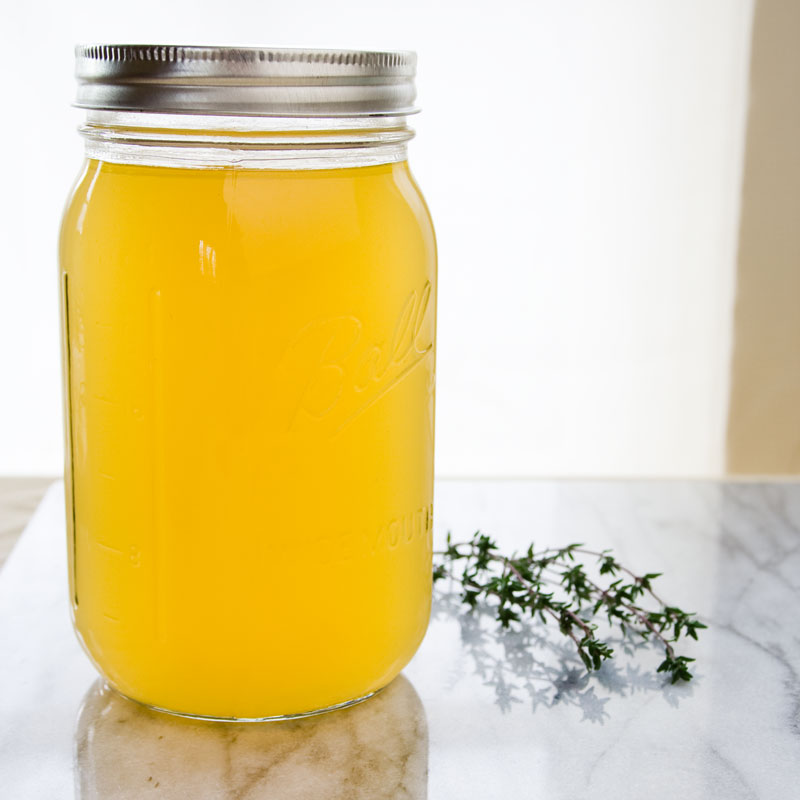
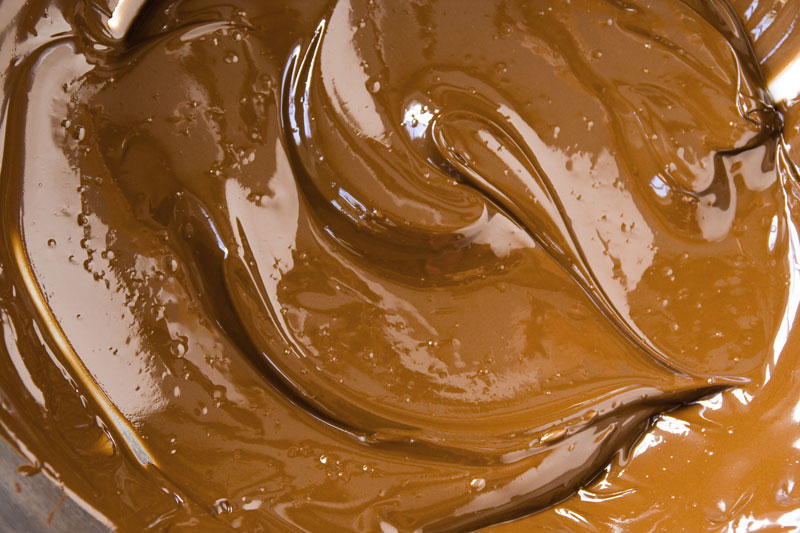
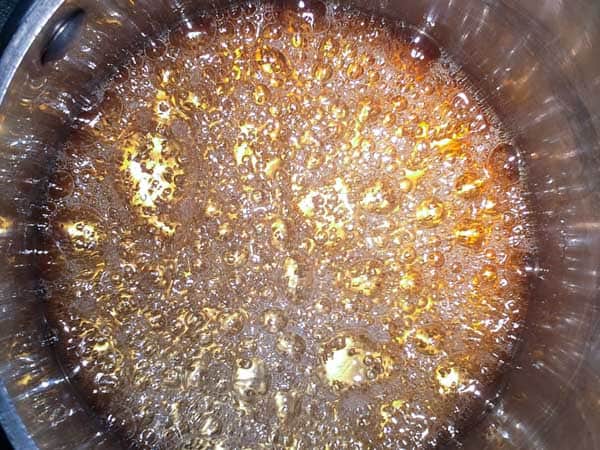
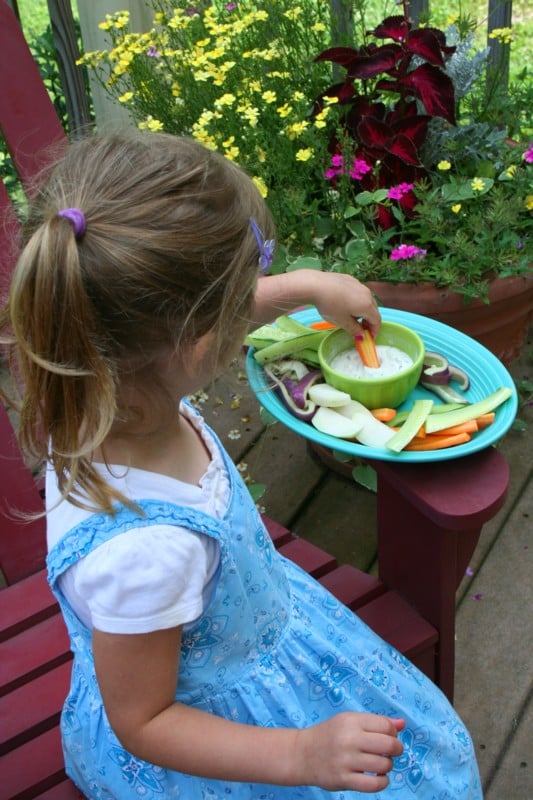




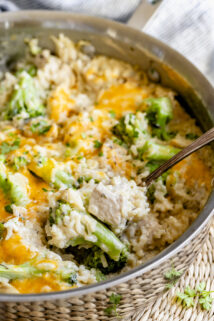


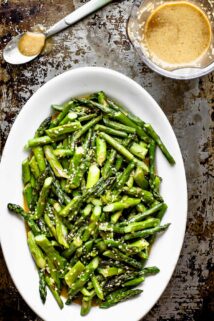
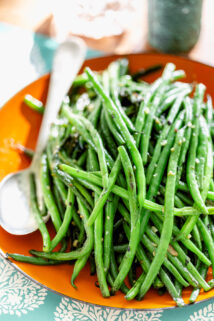


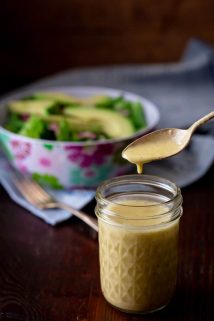

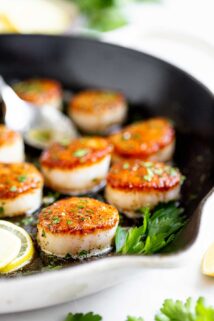
I forgot to mention in 1st post that we found out, the hard way, that Morton Kosher salt is much
more saltier than Diamond Kosher salt. I also had not stopped to realize the “volume” when measuring it.
Thanks again,
Dianne
Yes! It can really make a dish over-seasoned too easily!
This is the very first time in my life (I’m now 75) that I’ve read about the differences between salts. I have to take blood pressure medication, so I have to watch it very closely. Thank you very much. Since my husband was born and brought up in VT, and I have come to love it as well, I’m looking forward to learning much more from you and your website. I’m also about 30 lbs. overweight and need all the help I can get!
Dianne
Welcome Dianne. Let me know if you are looking for anything in particular. I highly recommend signing up for my email newsletter. I send out a meal plan every Sat morning!
Thank u! This was v helpful and informative. I appreciate it.
So glad you liked it!
Thanks for sharing this information.
I am glad you found this a helpful post.
Thank you for that useful information. I always use Diamond kosher salt because I like lower salt but definitely not no salt. Most recipes it works perfectly for me. I also love to sprinkle it on top of cooked food. The big crystals give you the salt satisfaction with less sodium. Now I will understand if I feel a recipe needs more. Also, I used Morton’s kosher salt and it was very salty to me. Thanks again. That clarified it for me. Btw, in baking, I always use table salt.
I wish it was easier to find DIamond around here because i prefer it too. I totally agree about liking the crunch texture on cooked food. Glad you found this post useful. Happy Cooking!